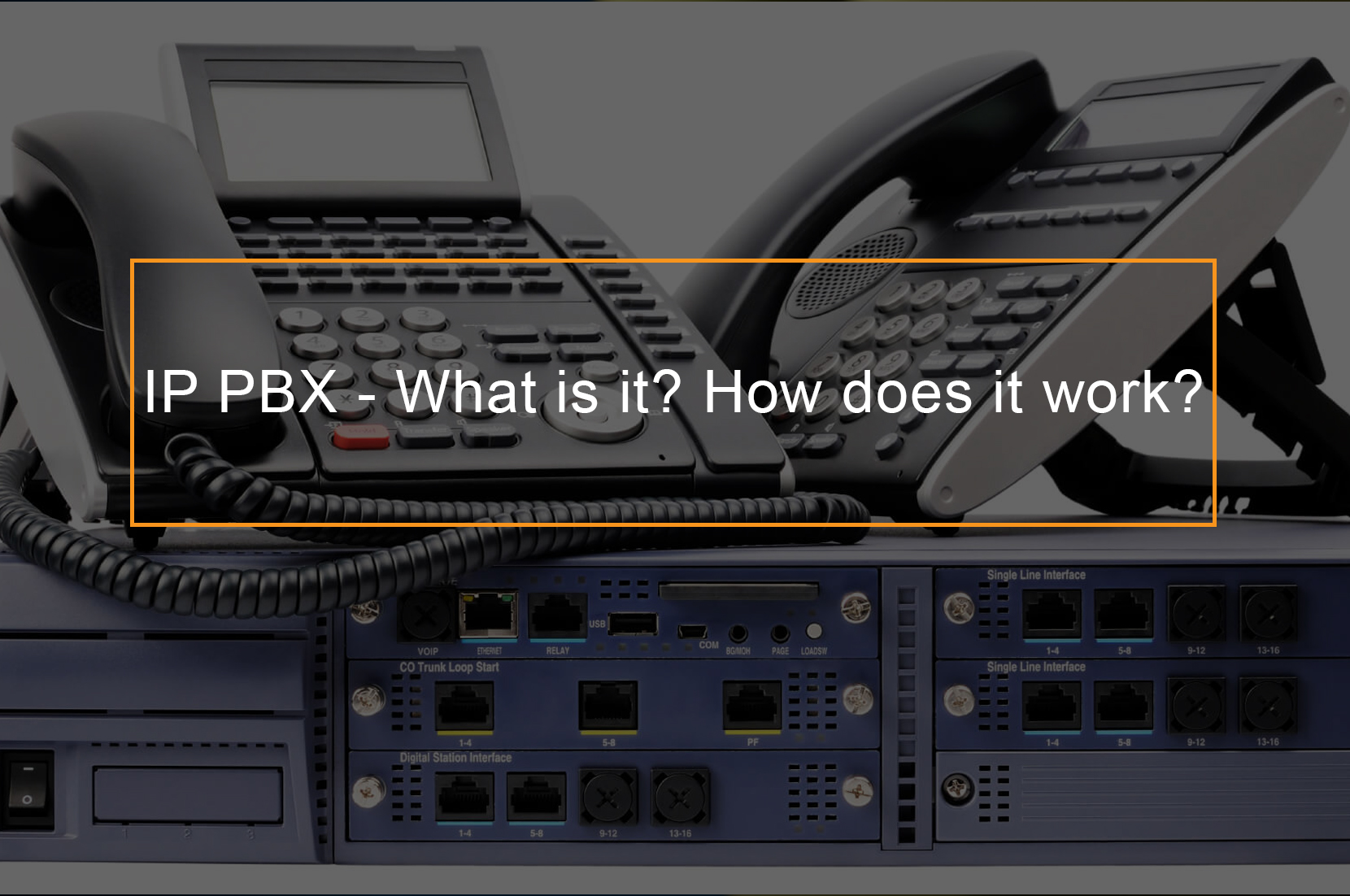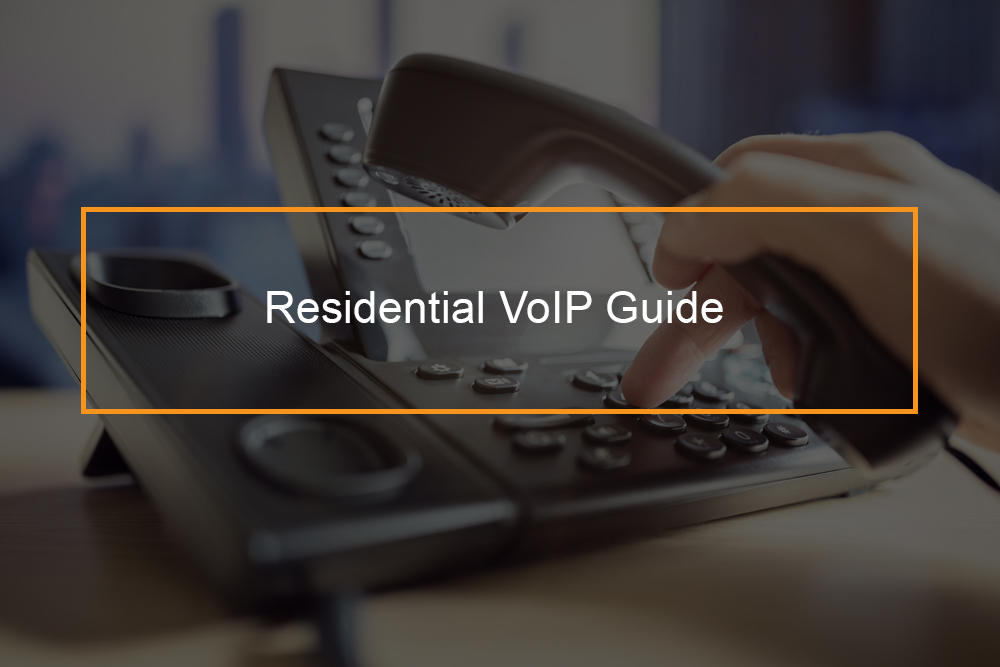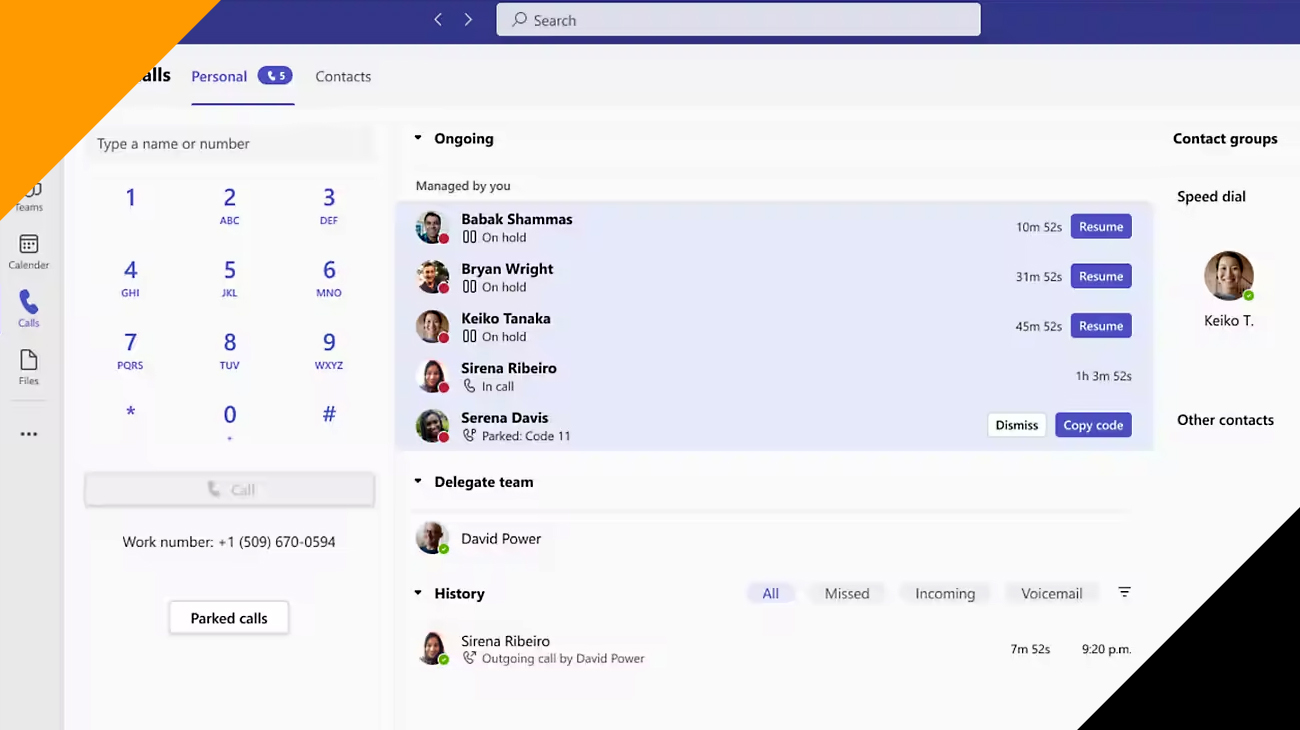What Is IP PBX and How Does It Work?
 An IP PBX works by adding a Private Branch Exchange (PBX) server to the VoIP driven line. IP PBX is the advanced use of Internet Protocol (IP) Technology partnered with traditional.
An IP PBX works by adding a Private Branch Exchange (PBX) server to the VoIP driven line. IP PBX is the advanced use of Internet Protocol (IP) Technology partnered with traditional.
A PBX system comprises of one or more SIP phones, an IP PBX server and optionally has a VoIP Gateway. The IP PBX is almost the same as for the proxy server. SIP clients, being either hardware-based or softphones based phones, register with the IP PBX server, and when they desire to make a call, they ask the IP PBX to develop the connection. The IP PBX has an index of all users and phones and their corresponding SIP address and therefore can link an internal call or route an external call through a VoIP gateway or VoIP service provider to the desired destination. The abbreviation may appear in different texts as IP/PBX, IP-PBX, or IPPBX.
IP PBX is an essential innovation for companies which already have a PBX installed in the building. This phone system improves the speed and efficiency of communication by offering economical calls. The importance of IP PBX is that by including a PBX server after the VoIP one, you get all the advantages of call distribution. It is also possible to add multiple devices to a single phone number, as long as the devices are listed in the VoIP server.
How do PBX systems work?
How an IP PBX works?
IP PBX also known as VoIP PBX, can switch between VoIP users so that external lines can be shared among staff.
These users can also manage analog users or switch between VoIP and traditional users. Primarily, an IP PBX similarly manages VoIP calls with conventional PBX box handles analog calls.
To the end-user, the IP type of PBX is the same-employees can still answer calls ordinarily and make calls to internal or external numbers by dialing. Even though, under the hood, there is a huge difference. The center of the PBX system is the IP PBX server, which connects just like a proxy server. With a Session Initiation Protocol (SIP) based system, the VoIP clients list their SIP addresses with the server, which controls a database of all the clients and their addresses. VoIP clients can be self-contained hard phone devices or softphone software installed on a computer.
The PBX server identifies if a call is an external or internal call when a user places a call. Internal calls route to the SIP address of the user or phone receiving the call. External calls route to the VoIP gateway.
The organization may have its own VoIP gateway included into the system or use the gateway of VoIP service provider. The aim of the gateway is to link an IP system with the PSTN. VoIP gateways can link either to traditional phone lines or digital lines (ISDN or standard multiplex T-carrier lines).
The gateway device can take the kind of dedicated appliances, or as an expansion card in the server. Similar to other appliances, it has two or more parts to enable it to span multiple networks. In this situation, one connection is to the PSTN, and one is to the IP network. A virtual PBX means a card and PBX software installed on an existing computer.
Analog PSTN PBX lines connect to the VoIP network or the internet using an FXS gateway. Or moving in the other direction, PSTN phone lines may link to an IP PBX with a foreign exchange office(FXO) gateway.
IP Centrex is a service model where the VoIP provider owns and hosts the PBX appliances. Hosted IP PBX software is turnkey solutions that do not need organizations to have personnel on staff capable of managing the system.
What does an IP PBX do?
Advantages of IP PBX explained
Together with cost savings, IP PBX users can get other advantages. These include but are not limited to;
- Advanced features – IP PBX comes with extra features that do not come with a traditional PBX system. PBX systems support caller ID, three-way calling, voice mail, call forwarding, and other features. The best part about IP PBX is that the user’s voice mail messages can be forwarded to their email inboxes. Therefore they can get an immediate notification that a call has come on in. The users can also play the messages from their PCs or handheld devices. You will also benefit from IVR and queuing advantages.
- Lowers communication cost for business – An IP PBX allows you to place phone calls to mobile devices that are a portion of the IP PBX server and those phone calls that are inscribed as an extension with no charge, as you will only be using the business’s broadband internet. Besides, PBX systems can have high monthly subscription charges. IP PBX systems can lower monthly operating costs, even though there are a high number of users. Support maintenance and upgrades are usually less expensive, and businesses do not have to sign contracts with a hosting company.
- Sophisticated automated features – IP PBX has other advanced automated features. It has a smart system which can be set up to route calls differently depending on the caller id information. Therefore, a user could have calls from his or her boss forwarded totally to a cell phone, whereas calls from that sales rep automatically go to the voicemail.
- IP PBX monitoring and reporting capabilities – Companies also find reporting and monitoring capabilities of IP systems useful in maintaining an audit track and keeping up with costs. The IP PBX system can trail usage by mobile numbers or SIP address, sense security breaches, monitor performance information, and quality of service.
- Usability – IP PBX needs less technical knowledge to use and maintain. Businesses would not require dedicated IT departments or complicated training to use and update their systems.
- Phone mobility – IP PBX systems are IP based, which enables users to move phones to various connections with no problem, much similar to PCs.
- Extensions – To add a branch extension or a remote to a system, users require another IP phone and internet connection. This enables businesses to have phone access from home and other locations.
Why not IP PBX?
IP PBX is not perfect. What are the cons of transitioning to an IP based PBX system?
There can be an upfront cost. Further to the IP PBX hardware and or software, IP phones may require to support high-quality voice transmissions, which need more bandwidth than many data transmissions.
An IP PBX system may also be unreliable since as the internet connection it uses may fail. In case a company loses power, equipment malfunctions, or experiences internet connection failure, the telephone system can not work.
Further, in case a company’s internet signal and broadband strength are faulty or low, calls can lose sound quality. In case the internet provider is not able to support a high quality of sound on the local network, communication will be unreliable.
An IP PBX system may have limited options. IP PBX is hosted onsite. Even though this offers the business more control, it also limits them to the resources they can afford and access. Moreover, businesses still have to use IP phones to operate the system.









